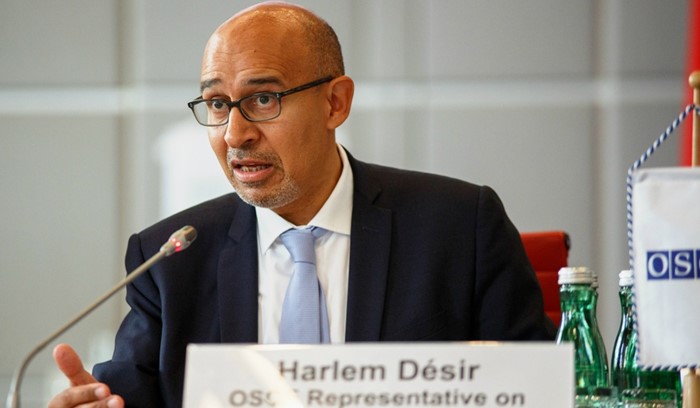OSCE Representative on Freedom of the Media Harlem Désir on Thursday expressed concern about a provision that was adopted by the Turkish Parliament on Wednesday, saying that further restricting access to the Internet will critically weaken access to information and online expression.
Turkey’s Parliament adopted a provision that further expands the already far-reaching powers of the Radio and Television Supreme Council (RTÜK) in allocating licenses for online broadcasting.
On Feb. 28 Désir issued a legal analysis of the then draft provision, bringing to the attention of Minister of Foreign Affairs Mevlüt Çavuşoğlu and Minister of Justice Abdulhamit Gül to the draft’s potentially harmful effects on media freedom and freedom of expression.
“I regret that my recommendations were not reflected in the adopted law, and that a public discussion involving all stakeholders did not take place. I continue to offer the expertise of my Office to help Turkey reform its Internet legislation in line with international standards,” Désir said in a statement released on Thursday.
With the new regulation, which was introduced by the ruling Justice and Development Party (AKP) government, RTÜK will be able to impose a broadcasting ban on Internet TV channels that do not have broadcasting licenses, whose licenses have been revoked or whose broadcasts are deemed to have inappropriate content.
Upon a request from RTÜK, penal courts of peace will make a ruling within 24 hours without a hearing.


